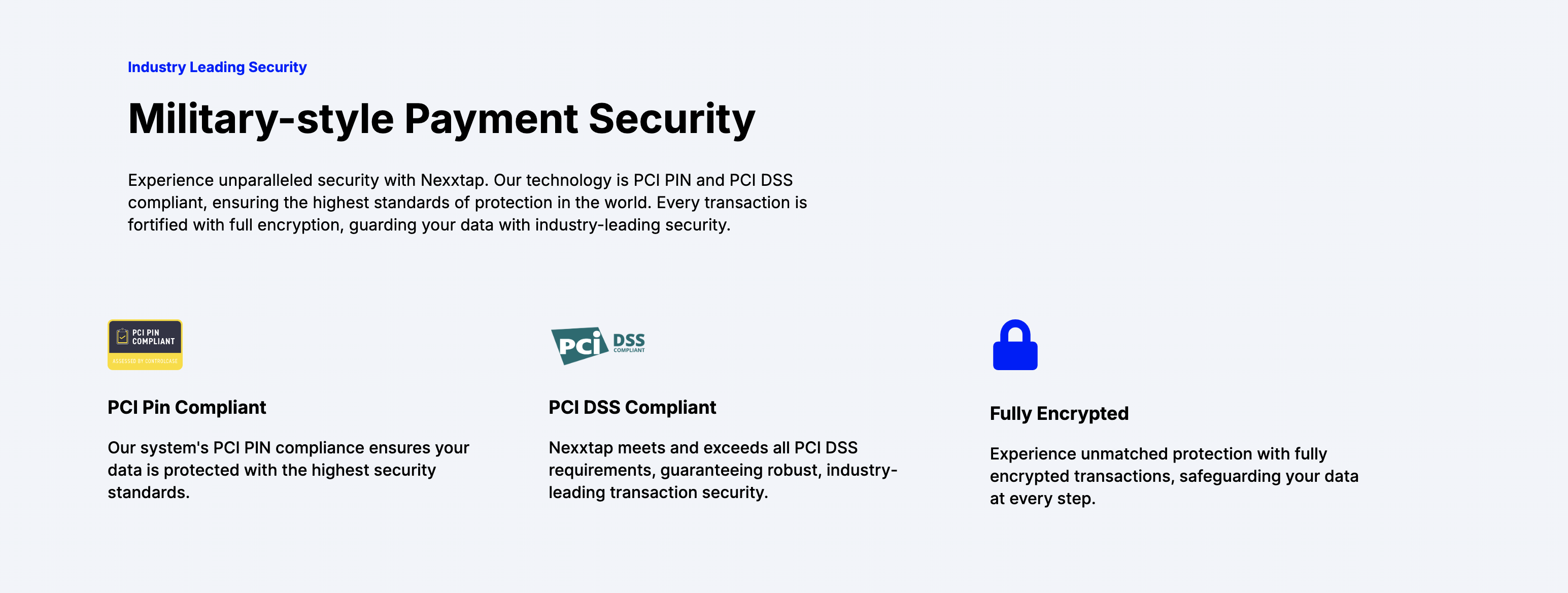Discover how PCI DSS compliance can safeguard your business, build customer trust, and prevent costly penalties in the world of payment processing.
Understanding PCI DSS and Its Importance
The Payment Card Industry Data Security Standard (PCI DSS) is a set of security standards designed to ensure that all companies that accept, process, store, or transmit credit card information maintain a secure environment. Established by major credit card companies including Visa, MasterCard, and American Express, PCI DSS aims to protect cardholder data and reduce credit card fraud.
Compliance with PCI DSS is not just a regulatory requirement but a fundamental practice for any merchant handling payment card transactions. It involves implementing a series of security measures and undergoing regular assessments to ensure that these measures are effectively protecting cardholder data.
How PCI DSS Ensures Data Security
PCI DSS compliance is crucial for the protection of sensitive cardholder information. It involves a comprehensive set of requirements such as maintaining a secure network, protecting cardholder data, implementing strong access control measures, and regularly monitoring and testing networks.
By adhering to these standards, merchants can significantly reduce the risk of data breaches and unauthorised access. This not only protects the customer’s personal and financial information but also shields the merchant from potential data breaches that could have severe financial and reputational consequences.
Building Customer Trust Through Compliance
Customers are increasingly aware of the risks associated with online transactions. Compliance with PCI DSS signals to customers that a merchant is committed to maintaining a secure environment for their financial transactions. This commitment enhances customer trust and credibility.
When customers know their payment details are handled securely, they are more likely to make repeat purchases and recommend the merchant to others. In a competitive market, building and maintaining customer trust can be a significant differentiator.
Avoiding Fines and Legal Liabilities
Non-compliance with PCI DSS can result in substantial fines, penalties, and legal liabilities, especially if a data breach occurs. These financial repercussions can be severe enough to jeopardize the business’s financial stability.
By achieving and maintaining PCI DSS compliance, merchants can avoid these costly penalties and the potential legal battles that come with data breaches. It’s a proactive approach to risk management that protects both the business and its customers.
Reducing Fraud and Chargebacks
Implementing PCI DSS guidelines helps merchants reduce the likelihood of fraudulent transactions and chargebacks. Fraudulent transactions can lead to significant financial losses and disrupt cash flow, while chargebacks can be time-consuming and labor-intensive to resolve.
By adhering to PCI DSS standards, merchants create a secure transaction environment that minimises the risk of fraud. This not only helps in maintaining smoother cash flow but also reduces the administrative burden associated with handling disputes and chargebacks.
Nexxtap PCI DSS Complaint
Nexxtap is fully PCI DSS compliant, ensuring that merchants and their customers benefit from the highest levels of payment security. The Payment Card Industry Data Security Standard (PCI DSS) is a globally recognised framework designed to protect sensitive cardholder information during transactions. By adhering to these rigorous standards, Nexxtap ensures that all transactions are processed securely, with encrypted data transmission and robust fraud prevention measures. Merchants using Nexxtap can be confident that they are meeting industry requirements, reducing the risk of data breaches, and safeguarding their business against potential fines or liabilities associated with non-compliance.
